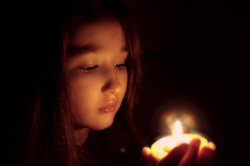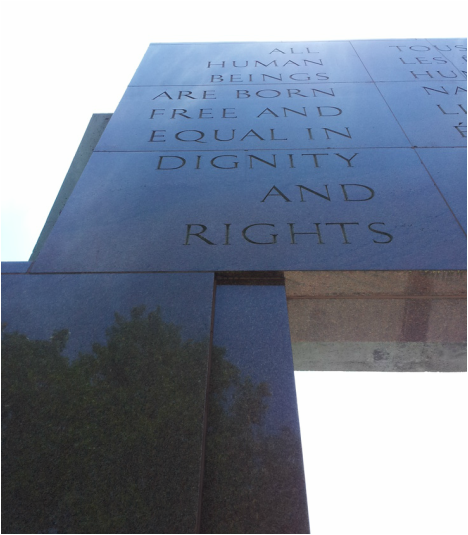 Will you help us light a fire?
Will you help us light a fire? December 6th, 2014
We need your help. The Ontario Government currently plans to force school closures and consolidations to reduce the inventory of surplus pupil places (empty seats), which has ballooned from 120,000 to 416,000 during their time in office. That in itself is not an unreasonable idea, but doing so without simultaneously merging the public and Catholic school systems will be bad news for Ontario communities. It will be bad news for Ontario families and their children. Ontario's school system really is at a critical juncture.
Far too many Ontario students (my own included) ride buses for long distances to other communities to attend school. If under enrolled public and Catholic schools are separately closed while maintaining the two solitudes of separate but overlapping public and Catholic school systems, more students will be condemned to this fate.
Far too many Ontario students attend low enrolment schools that cannot achieve the critical mass of students necessary to support the more enhanced program selection available at fully enrolled schools. Most often, the only reason these schools cannot achieve that critical mass is because the children in their communities are needlessly divided into Catholic and non-Catholic camps.
Amalgamating the school systems would dramatically reduce the number of children bused to schools in communities other than their own while resulting in shorter average commutes for those that still require busing.
Amalgamating the school systems would facilitate the creation of more fully enrolled community schools that have fewer split grade classes and can achieve the critical mass to offer greater program choice more cost effectively.
Ontario has never really had true community schools of the type that most of Canada and the United States enjoy. Ontario schools are not true community focal points -- but rather focal points for the sub-populations that are of one faith or not of that faith. Ontario schools do not unite communities -- they divide them. In some cases, children in communities of nearly 20,000 people are bused to other communities to attend school.
Rather than ending the legacy of waste and discrimination in our school system and its attendant injury, our government seems set to compound it. We cannot let that happen. It is time for the people of Ontario to stand up and say "Enough is enough. No more waste. No more discrimination. No more children suffering the consequences resulting from a narrowly possessed and unjustifiable privilege." Please join us in standing up and making these demands.
I apologize for failing to engage those of you who have contacted us in the past with offers of help. We still have some of those contacts and will be following up shortly. If you do not hear from us, please contact us again. The status quo pronouncements of politicians notwithstanding, success has never been so close -- and success has never been so important to the people and communities of Ontario.
We need to win this fight. We need to win it now.
Real community schools. Real community focal points.
Children learning in their own communities. Less cross-community busing.
Fewer split grade classes. Greater academic opportunities and choices.
Greater cost effectiveness. Less waste.






 RSS Feed
RSS Feed